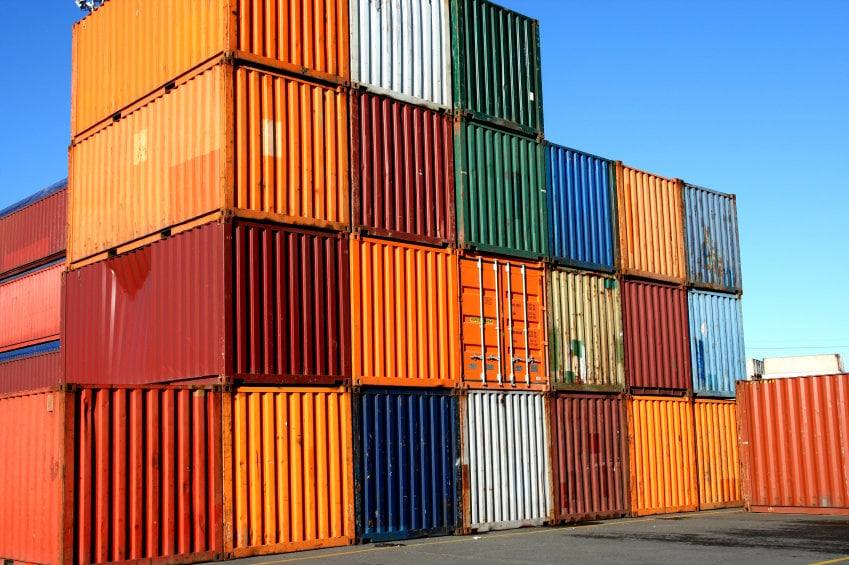Globalization has been the driving force of developing countries for the last decade or so, and trade from these countries flourished as a consequence of China’s close to double digit growth numbers. Although Chinese suppliers rely mainly on local companies to supply the raw materials, a significant number of raw materials are also outsourced by other countries. This post is ab
Top commodities that make up the list consist of: plastics (where it’s widely used almost in every sector), metals (silver, copper, steel), rubber and paper. If we look at the numbers per industry, where most of the imports of raw materials are used, the electronics industry tops the list with 30% of all raw materials used are imported from another country. Given the large amount of electronics shipped from China to all parts of the world, 30% seems to be a highly significant number where even small changes in demand effect the prices of commodities. Another interesting statistic is that per IMF numbers 40% of the world’s base metals (aluminum, copper, lead, zinc or nickel) is consumed by China to manufacture new products.
Given the large amount of electronics shipped from China to all parts of the world, 30% seems to be a highly significant number where even small changes in demand effect the prices of commodities. Another interesting statistic is that per IMF numbers 40% of the world’s base metals (aluminum, copper, lead, zinc or nickel) is consumed by China to manufacture new products.
In the case of trading partners, China seems to be the largest for many countries. In terms of raw material suppliers Africa, Australia and some countries in Europe are the main raw material suppliers of China. Recently, due to rising costs in China as well as the country’s main focus shift from manufacture economy to consumption driven economy, demand for commodities came down considerably. The Chinese government is looking at the future and implementing policies that stop pumping cash into importing commodities to instead focus on selling services and products to its own growing middle class, which then also changes the trade in less favor of the commodity market. So as China buys fewer raw materials, the effect of its dominance becomes more apparent in driving global commodity prices down. Australia’s mining sector boomed due to high demand from China and that critically assisted the country in dodging a global recession, however, since the country did not improve its trading position it is now suffering with a trading imbalance.
In conclusion, the world is more interconnected than ever before, where rules of the past never promise a future for any country. China’s acceptance of the World Trade Organization opened many doors to many countries, and for the last two decades or so most countries enjoyed favorable terms, especially the commodity suppliers to China. However, the nature of the business is changing and just like the Japanese market matured back in the 1970’s, we see that China is slowly maturing as well and the commodity market is one sector that is suffering from the effects.




